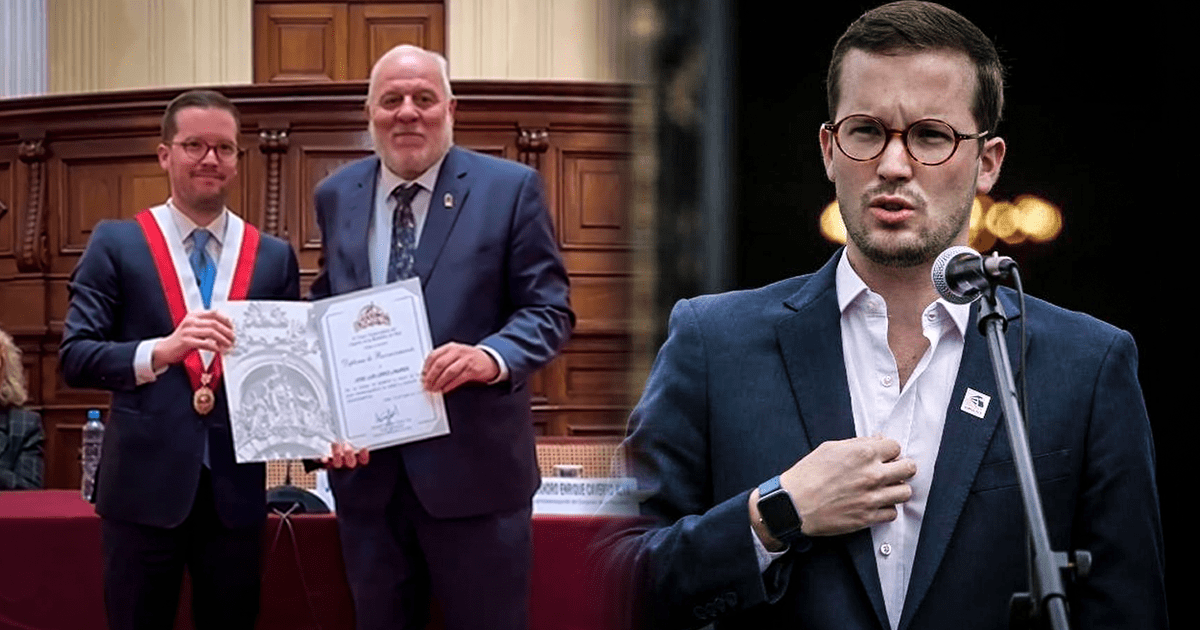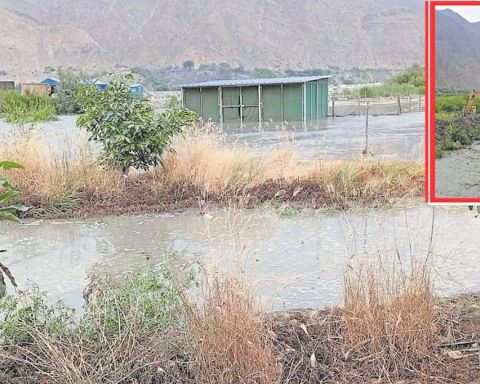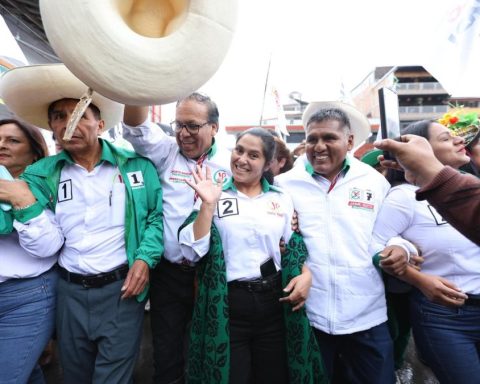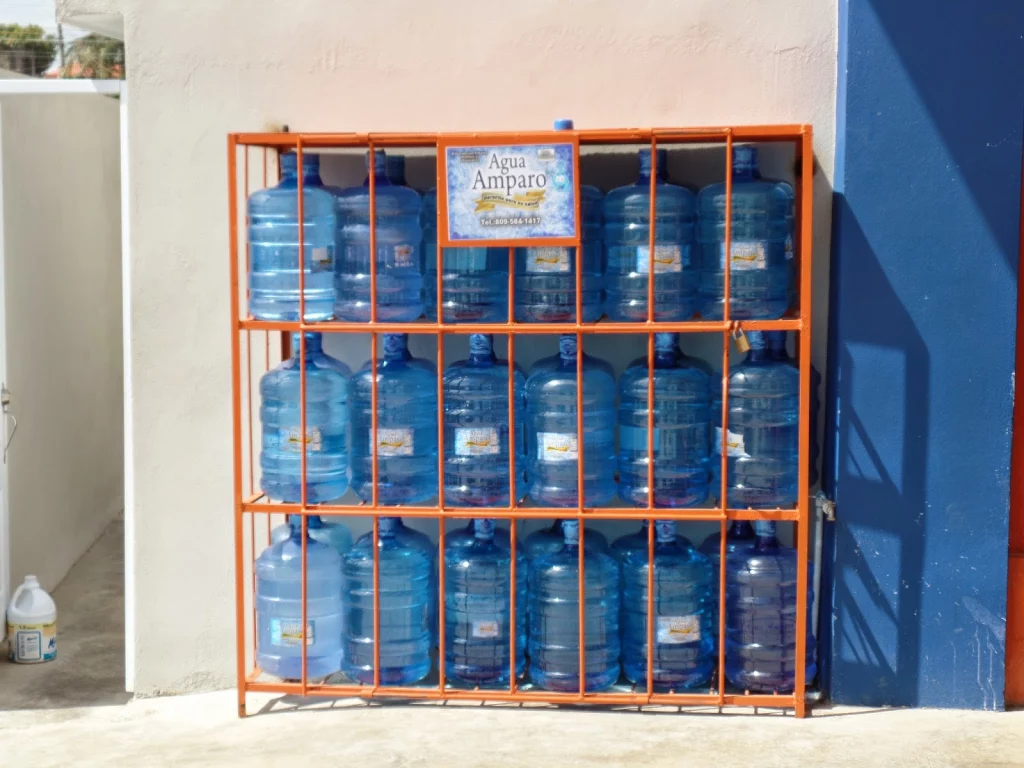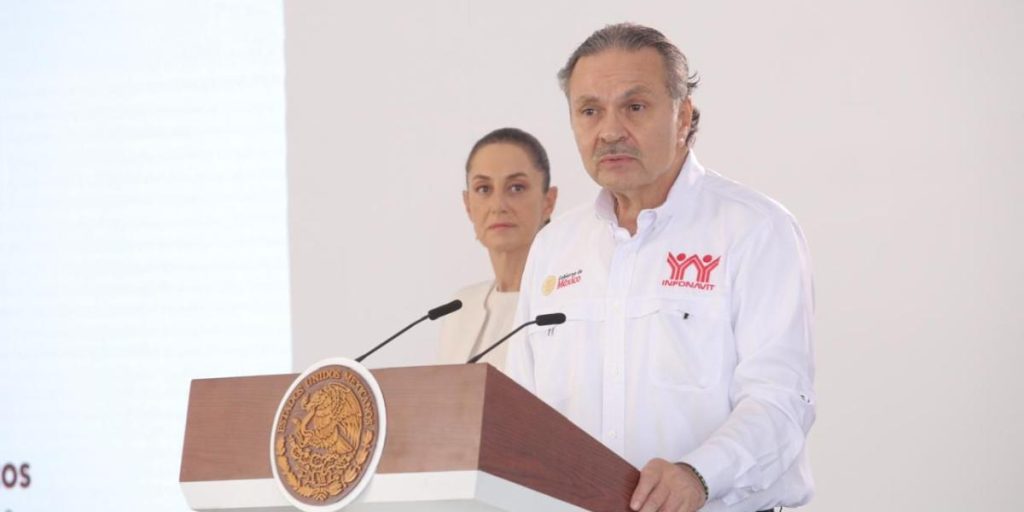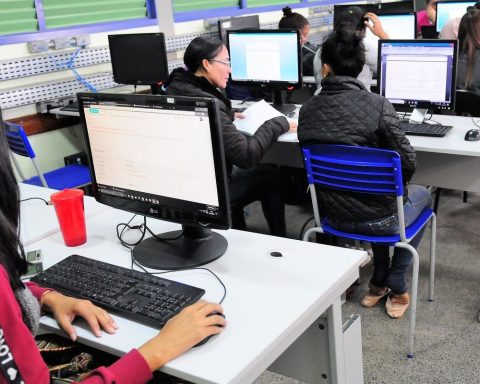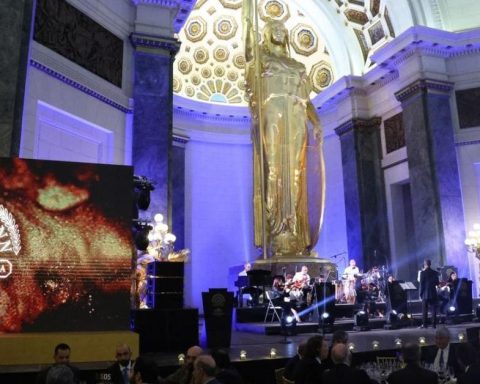Late last year, Congressman Alejandro Cavero went viral on social networks by describing Peruvian films as “very bad” and “who never win awards“Something totally false, since films like ‘La teta scared’ or ‘Wiñaypacha’ have been awarded internationally, and both were made thanks to the support of the State.
On the other hand, it has been seen in the agenda of the Congress of the Republic that on October 24, Congressman Alejandro Cavero had an event scheduled for 9:00 in the morning: to recognize the filmmaker José Luis López – Linares for his documentary ‘Hispanoamérica: song of life and hope’. The commemoration took place in the Raúl Porras Barrenechea Chamber.
Alejandro Cavero event. Photo: screenshot
Alejandro Cavero minimized Peruvian cinema
When trying to support the bill proposed by his colleague Adriana Tudela, he made controversial comments discrediting Peruvian productions. “Nowadays I don’t see that national films have won anything. They are very bad.”
Something totally false, since the list of films financed by the State that have been awarded is long, the most awarded being ‘Retablo’, which is recorded entirely in Quechua and received 25 awards at international festivals.
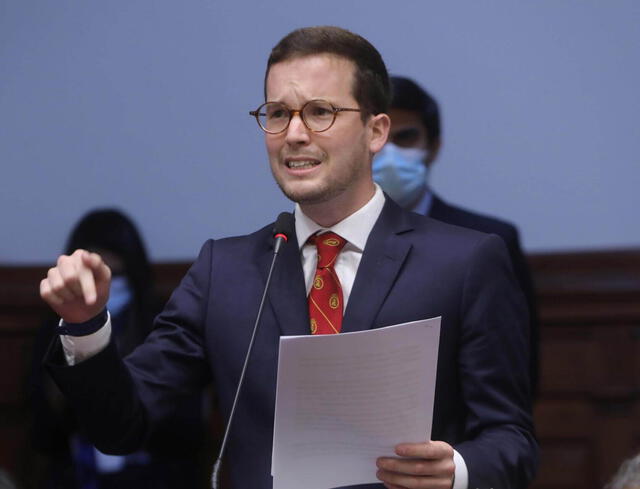
Alejandro Cavero. Photo: OP
Why wouldn’t the new cinema law have valid foundations?
According to filmmaker Joel Calero, the new film law, proposed by parliamentarian Adriana Tudela, would be born “from misinformation and bad faith,” since it would be false for the current law to finance 100% of Peruvian films. “It is a fixed amount that the State gives you and the percentage depends on how expensive the project is. The correct thing is that those S/675,000 that DAFO provides are usually equivalent to between 60% and 80% of the project,” Calero said.
He adds that the current cinema law was the product of 3 years of conversations and was approved by Congress in 2019 with 73% of Fuerza Popular. Meanwhile, the current ‘Tudela Law’ has been promulgated behind closed doors between the film unions and former president Martín Vizcarra.
Ministry of Culture observed the Cinema Law
The former Minister of Culture, Leslie Urteaga, observed the new Cinema Law on July 23with the purpose of promoting regulations that strengthen the film and audiovisual industry in Peru. In addition, he urged the promotion of a favorable market for Peruvian cinema, cinema made by women and indigenous cinema, highlighting that there should be no differences in financing.
“We must continue talking, have a reflection and see what is happening in other countries, with models that work. We already have the policy installed and a regulatory framework. It needs improvements and that is why we are listening to the unions, to obtain opinions. “We believe in reevaluation in Congress, to have a law that improves conditions in favor of cinema and art in general,” he expressed.
New Cinema Law would show censorship of free expression
Associations and groups of filmmakers, together with Peruvian communicators, have expressed their rejection of the new Cinema Law in Peru, expressing indignation at the included modifications. The affected groups consider that these changes represent a form of censorship of freedom of expression in audiovisual productions and suppress economic incentives for cultural activities.
Approximately 70 associations and groups, along with some 700 independent workers in the film industry, expressed their criticism of the Ministry of Culture, underlining their dissatisfaction with the ministerial actions in this area.
What is the ‘Tudela Law’?
This is a signed bill presented by Congresswoman Adriana Tudela, which would impact the current Film Lawcontained in Emergency Decree 022-2019, which was established after a consensus between several trade associations. One of the most relevant proposals of this initiative is the establishment of a “Single Window for filming authorizations in Peruvian territory”, managed by Promperú.
Likewise, a fragment of the law mentions subsidies for national productions, indicating that it establishes “clear positive discrimination in favor of productions in indigenous or native languages.” In this sense, it can be seen that the objective of the norm is not to promote investment in Peru through the film industry, but exclusively to strengthen the creation of audiovisual works that benefit national culture, prioritizing specific populations.
